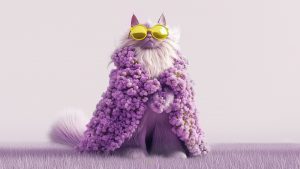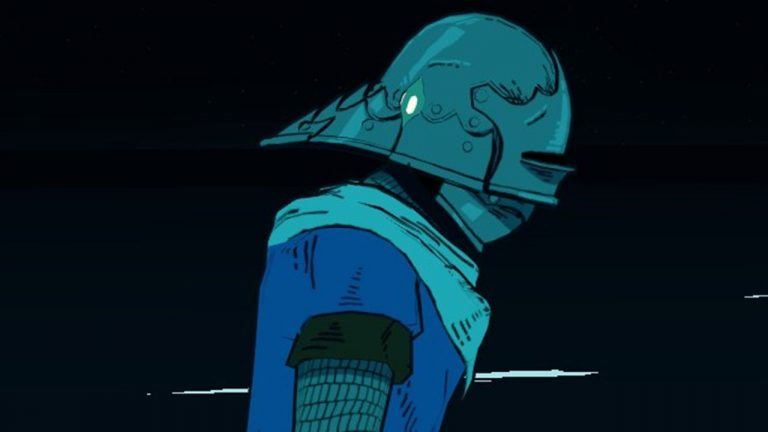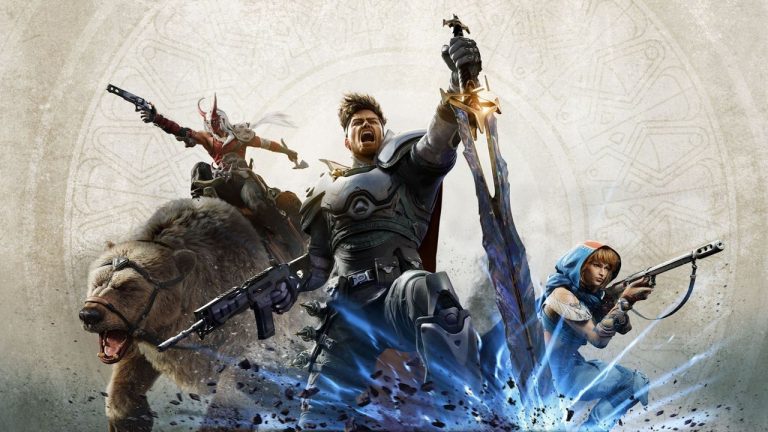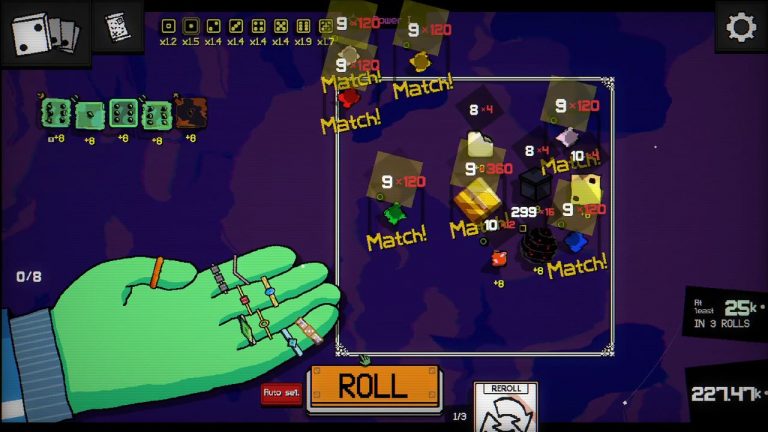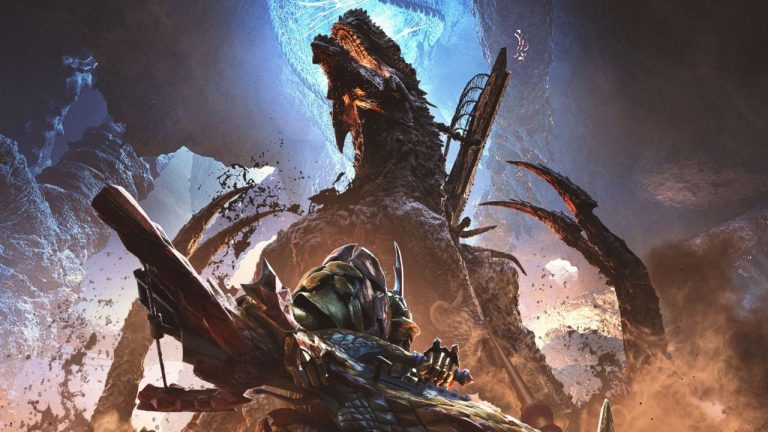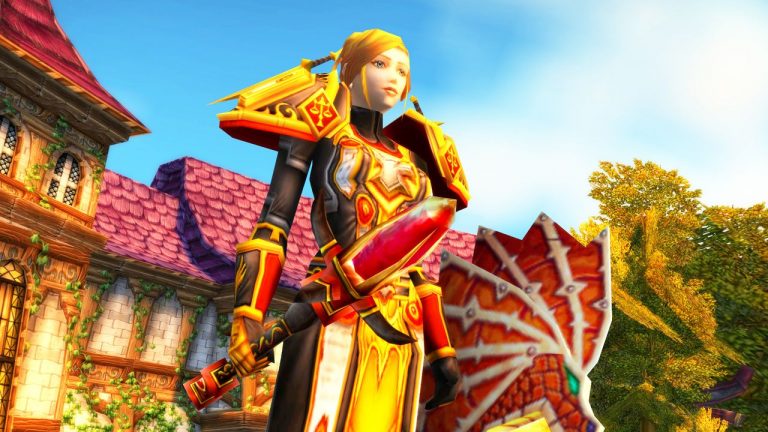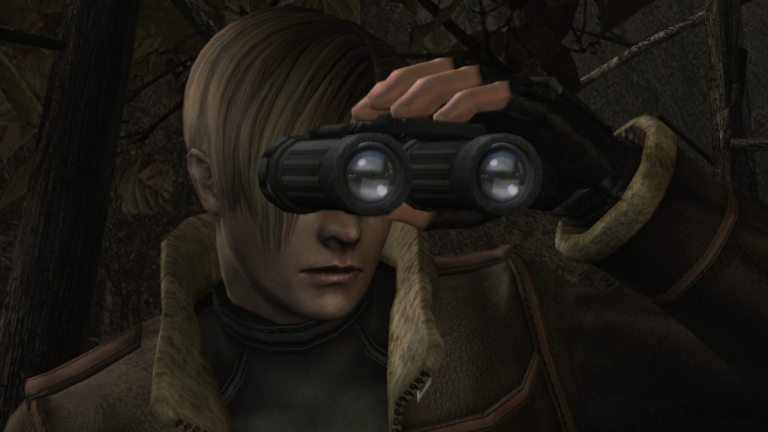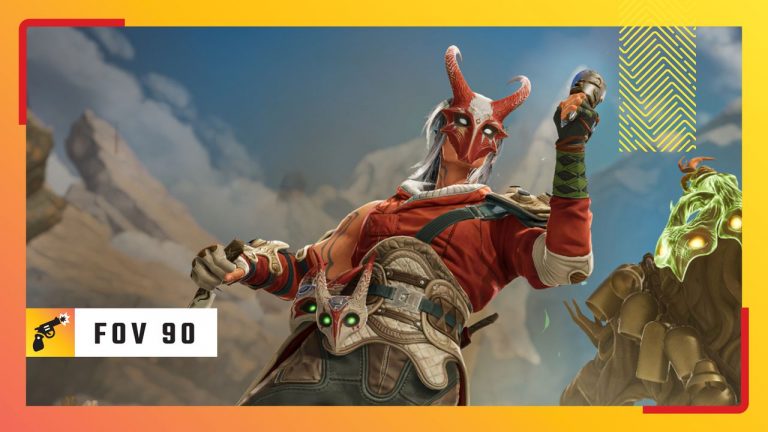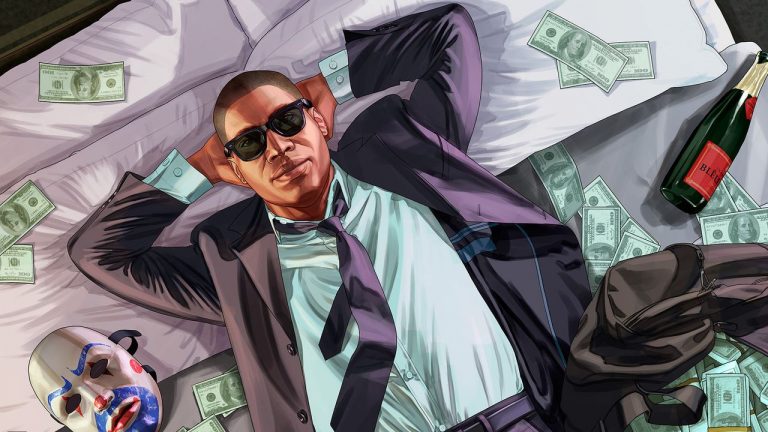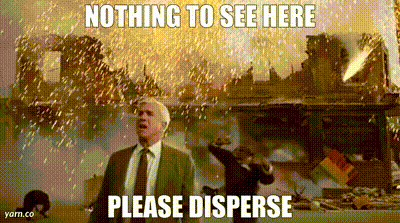So Ciri’s a Witcher now, taking the lead in The Witcher 4, and that has resulted in questions. Some of them are the predictable hue and cry about a girl taking over for Geralt—complaints about “wokeness” and DEI and all that sort of nonsense—but there are also legitimate questions about how it all fits with the established Witcher lore. The Trial of the Grasses, for instance, was previously only survivable by young boys (and only a small portion of them), so how did Ciri get through it—or did she at all? And what about the powers enabled by her Elder Blood?
In an interview with Eurogamer, narrative director Phillipp Weber and director Sebastian Kalemba acknowledged that there are “many very valid worries and responses” about what was shown at The Game Awards, but reassured fans that they’re not just making stuff up on the fly.
“We are beholden to the lore, the canon of the books by Andrzej Sapkowski, the three previous Witcher games, and we’d want to take that seriously, and we really want to respect that,” Weber said. “So all the answers we basically want to give in The Witcher 4 are in line with this attitude. We’re not suddenly making up stuff just because we want to. We really want to take these things seriously.”
Weber said he understands that some fans wanted another game featuring Geralt, and said he “could make games about Geralt until the day I die, and I would probably die happy.” But, he continued, making the game about Ciri provides new opportunities for CD Projekt in terms of both the character and gameplay. “I think the best answer for us, for those people that really are worried right now, is basically to show them, when we are ready, that we really do this well and with care,” he said. “And I think—I hope—we can then convince them with the game itself. Because I think actions speak louder than words.”
He also acknowledged the difficulties and challenges women face in The Witcher’s notoriously sexist world, and said developers won’t shy away from that when telling Ciri’s story.
“We make games for adults, and it also means that we tackle some difficult topics. We tackle them in interesting ways,” Weber said. “We tackle them without giving easy answers, but often opening difficult questions that players have to answer.
“I think some of those questions might be going in this direction as well, because, yeah, Ciri is a woman, and as a witcher in this world, this is an unusual state. So I don’t think it’s going to be this story everywhere, but since this is a part of this world, and we want to tackle so many of those different themes, it’s definitely also going to appear there as well.”
Weber touched on the desire among some Witcher fans to be able to make their own unique monster hunters rather than being shackled to a specific character, saying that “character-driven storytelling has been always in the DNA of our Witcher games.” Opting for Ciri in the lead role also enables developers to offer players a little more flexibility in that regard than they had in the previous games: While Geralt was an experienced Witcher right from the start of his trilogy, Ciri is just beginning her journey on the Path. “So in a way, even though Ciri is, of course, a defined character, with her, players will have the opportunity to still define her quite a bit more, specifically define the path that she will take on her way to becoming a witcher, and basically also what kind of person that will make her,” Weber said.
For those who really do want to get back to the OG, Weber seemed to at least leave the door open to the possibility. “We can promise that Geralt will appear, but we cannot tell you if it’s going to be playable or not right now,” he said. “But yeah, he will appear.”
The Witcher 4 doesn’t have a release target at this point, but it is definitely getting closer.

